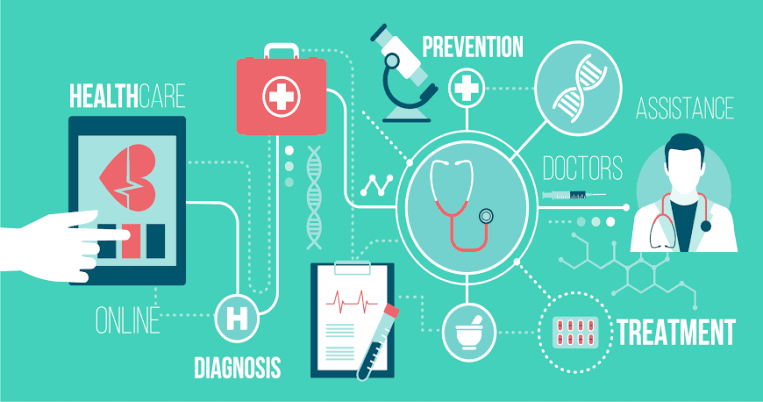AI in Healthcare: Advancements and Challenges
Created on 21 February, 2023 • Technolgy • 1,068 views • 1 minutes read

AI in Healthcare: Advancements and Challenges
Artificial Intelligence (AI) has enormous potential to revolutionize healthcare by improving medical diagnosis, predicting and preventing diseases, personalizing treatment plans, and managing patient data. However, its integration into healthcare systems also presents significant challenges that need to be addressed.
Advancements:
- Medical Diagnosis: AI-powered medical diagnosis systems can accurately identify diseases based on a patient's symptoms, medical history, and lab reports. This can speed up the diagnosis process and lead to earlier treatment.
- Predictive Analytics: AI can analyze patient data to identify patterns and predict disease risks, allowing healthcare providers to take proactive measures to prevent diseases before they occur.
- Personalized Treatment: AI can use patient data to develop personalized treatment plans, ensuring that patients receive the most effective treatments based on their unique circumstances.
- Drug Discovery: AI can help accelerate drug discovery by simulating biological processes and identifying potential drug candidates.
Challenges:
- Data Privacy: The use of AI in healthcare generates vast amounts of sensitive patient data that must be protected to avoid breaches of privacy and security.
- Lack of Standardization: The lack of standardization in healthcare data makes it challenging for AI systems to process data from different sources and provide accurate results.
- Bias: AI systems can be biased towards certain demographic groups, leading to unequal treatment and outcomes. Ensuring that AI systems are trained on diverse data sets is critical to avoiding such biases.
- Integration into Healthcare Systems: Integrating AI into healthcare systems requires significant infrastructure changes and training for healthcare providers, which can be costly and time-consuming.
In conclusion, the role of AI in healthcare is still evolving, and its benefits are immense. However, to fully realize its potential, we must address the challenges of data privacy, lack of standardization, bias, and integration into healthcare systems. By doing so, we can create a more efficient, effective, and personalized healthcare system for all.
Popular posts
-
Coin Master free spins & coins daily links January 2023Games • 2,571 views
-
AI in Healthcare: Advancements and ChallengesTechnolgy • 1,063 views
-
-
E-commerce EvolutionTechnolgy • 594 views
-